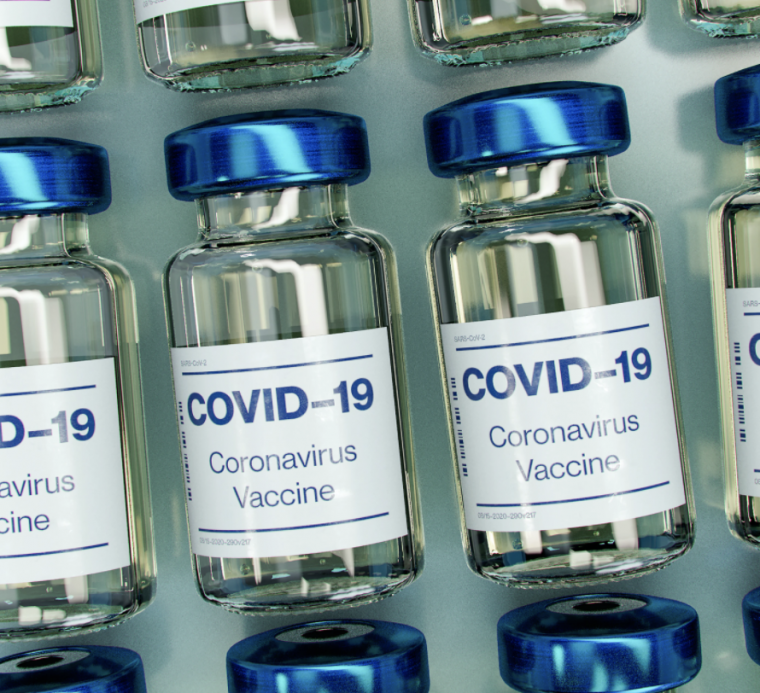Prioritise vaccination of all vulnerable people wherever they are in the world

After a year of upheaval, it is with some amazement and surprise that the rollout of the vaccination programme in the UK has been so fast and so successful.
It's natural to be glad that those who are most vulnerable to hospitalisation or dying now have some protection.
But should we be thinking about which country is doing 'better' or 'worse'?
After all, the virus doesn't discriminate based on nationality, and borders do not stop it travelling quickly around the globe.
Wealthy countries, including the UK, have ordered many more doses of vaccine than they need.
When other countries, especially those in the global south, don't have enough to vaccinate their citizens in vulnerable groups, surely the question has to be asked, shouldn't vulnerable people in other countries get vaccinated at the same time as the most vulnerable in this country?
It was heartening to read that some positive decisions in this regard were taken at the recent G7 meeting.
Tedros Adhanom Ghebreyesus, director of the World Health Organisation has said that at-risk people in all countries, especially health workers, older people and those with underlying conditions, need access to vaccines first - not all people in some countries.
Do we have the courage to say that, now that the people in the UK who are at-risk have been vaccinated, we ought to be prioritising all those who are vulnerable, wherever in the world they are?
Not only would this save lives, it would be the morally right thing to do.
With the ease of transmission of Covid-19, we can only be safe here when everyone is safe everywhere.
We have also a higher calling to humanitarianism and to answer the question: how are we showing love to our global neighbour at this time of crisis?
Hogging vaccinations while others continue to die doesn't seem terribly loving.
The Church of Scotland has partners all over the world, who are telling us about their context and struggles against the virus and it makes for grim reading.
The international COVAX programme to deliver vaccines to the global south needs to be an urgent priority.
People might shout 'charity begins at home', but I'd remind them that this saying does not mean 'Britain First'.
True, charity has repercussions beyond ourselves challenging us to reach out in love and compassion to the world to make a positive difference.
Last month, Oxfam published a report which suggested that the combined wealth of the world's 10 richest men rose by £400 billion during the pandemic - enough to prevent all the world from falling into poverty because of the virus and pay for vaccines for all.
Money is there, vaccine doses are there: there is now a choice about how it can all be shared to protect life and promote dignity.
The Very Rev Dr Susan Brown is convener of the Church of Scotland's Faith Impact Forum and was Moderator of the its General Assembly from 2018 to 2019.











